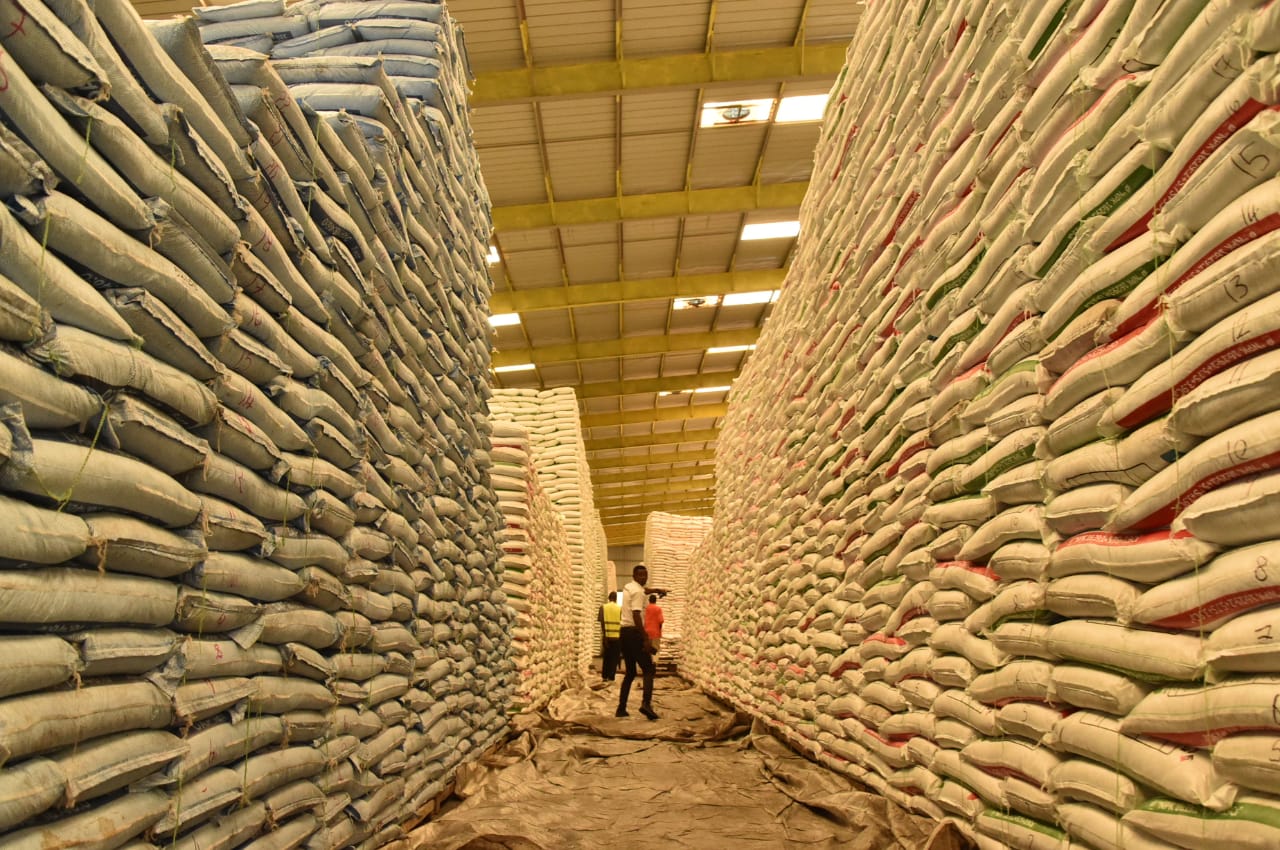A new audit report has exposed widespread fraud, mismanagement, and questionable dealings in President William Ruto’s fertiliser subsidy programme, revealing how billions of shillings meant to support farmers were either misused or lost.
The report by Auditor General Nancy Gathungu paints a worrying picture of how the Sh31.5 billion subsidy programme, meant to reduce production costs and boost food security, instead delivered fake fertiliser, questionable contracts, and missing stock — leaving many farmers with poor harvests and no compensation.
One of the most glaring issues flagged was a Sh240.4 million payment to Fifty-One Capital African Diatomite Industries, a firm that did not legally exist at the time of the contract. The company was expected to supply GPC Original Plus organic fertiliser, which later failed safety tests by the Kenya Bureau of Standards (Kebs), prompting a suspension and recall.
Auditors found that the KRA PIN used by the company actually belonged to a different entity — Fifty-One (K) Capital Limited — and there was no proof of any legal name change. Gathungu said the dealings amounted to fraudulent activity.
“It was not clear how NCPB board got into an agency contract with 51 Capital, African Diatomite Industries,” the report reads.
She further noted, “Value for money of Sh240 million and integrity of the entire procurement process couldn’t be confirmed. Also, this borders on fraudulent activities.”
The revelations come months after the fertiliser scandal nearly cost Mithika Linturi his Cabinet position as Agriculture CS, before he was eventually removed during the Gen Z-led protests.
While some farmers were later given replacement fertiliser, many never got refunds or any compensation for the losses. In areas like Bungoma, Kakamega, and Kitale, 1,960 bags of KEL fertiliser were replaced without collecting the original bags, raising accountability concerns.
The report also flagged a Sh139.7 million payment to KEL Chemicals for NPK fertiliser labelled as "planting fertiliser" which was declared unsafe by Kebs. At the time the government stopped the distribution, fertiliser worth Sh98.5 million had already been sold to unsuspecting farmers.
“In the circumstances, the value for money of Sh139.7 million and integrity of the entire procurement process could not be confirmed. It also borders on fraudulent activities,” Gathungu said.
In a further blow, the audit uncovered that fertiliser and cereals worth Sh241.8 million intended for the Western and Nyanza regions never reached the targeted depots. Areas affected include Kisii (Sh142.5 million), Malaba (Sh47.9 million), Bungoma (Sh34.4 million), Kakamega (Sh9.6 million), Kitale (Sh4.9 million), and Webuye (Sh2.4 million).
As a result, many farmers were forced to buy fertiliser at market prices — about Sh6,000 per 50kg bag — far higher than the subsidised rate of between Sh2,500 and Sh3,500.
“No explanation was provided as to whether a follow-up had been made with the suppliers to ensure that the fertilisers and cereals not delivered were actually delivered,” the report states.
Strangely, 981 bags of fertiliser worth Sh1.57 million — supplied by the nonexistent 51 Capital — were seized by the DCI but left to rot in National Cereals and Produce Board (NCPB) stores without being destroyed or replaced, wasting public funds.
Another major procurement flagged involved a Sh2.49 billion tender for Urea fertiliser awarded entirely to one supplier — MEMS Distributors — despite two firms tying in the bidding process.
NCPB’s management disregarded the tender committee’s recommendation to split the contract, leading to artificial shortages in some regions.
“The award of tender to one supplier shows impartiality in the award of the tender and as a result, litigation may be instituted by the other supplier, leading to the government losing money on legal fees,” the auditor general warned. She concluded that “value for money and integrity of the procurement process were in doubt.”
The audit also uncovered stock losses during transfers between the Mombasa port and NCPB stores, including 20 bags of Russian-donated fertiliser lost during movement from the SGR depot to a blending firm.
Further discrepancies included a shortage of 20 bags at Maisha Minerals, and an unexplained excess of 50 bags in the dispatch received at Athi River.
“No explanation was offered on the variances noted, and accordingly, the recoverability of lost fertiliser and reconciliations of the fertiliser products could not be ascertained,” the report noted.
Financially, the NCPB was found to be in deep trouble, with a negative working capital of Sh3.1 billion and a net loss of Sh992 million — a slight improvement from the Sh1.7 billion loss reported the previous year.
Despite its ambitious goal, the fertiliser subsidy programme has been marred by systemic failure, outright fraud, and negligence, leaving thousands of farmers with poor yields and deep frustrations over unfulfilled government promises.

